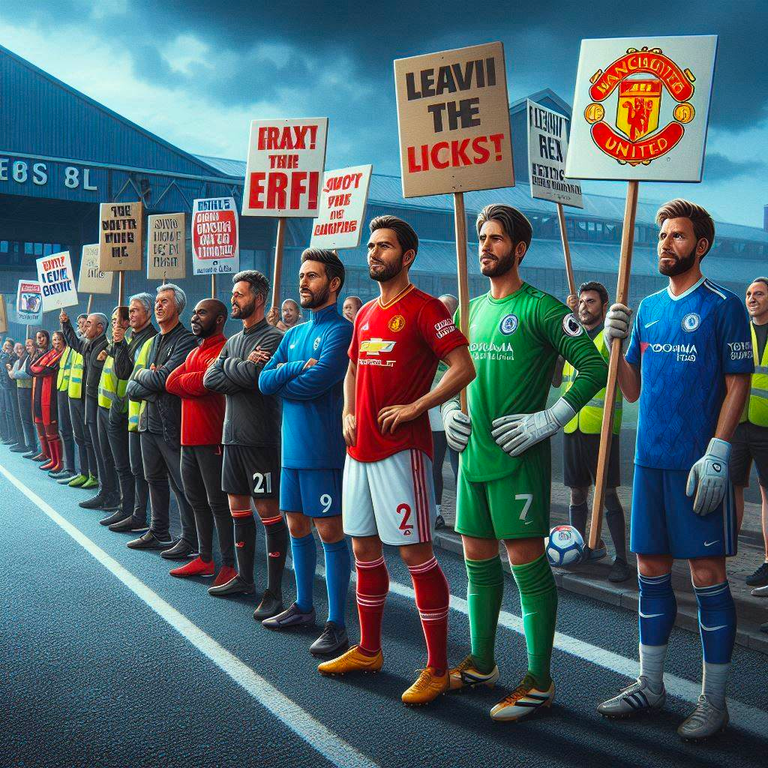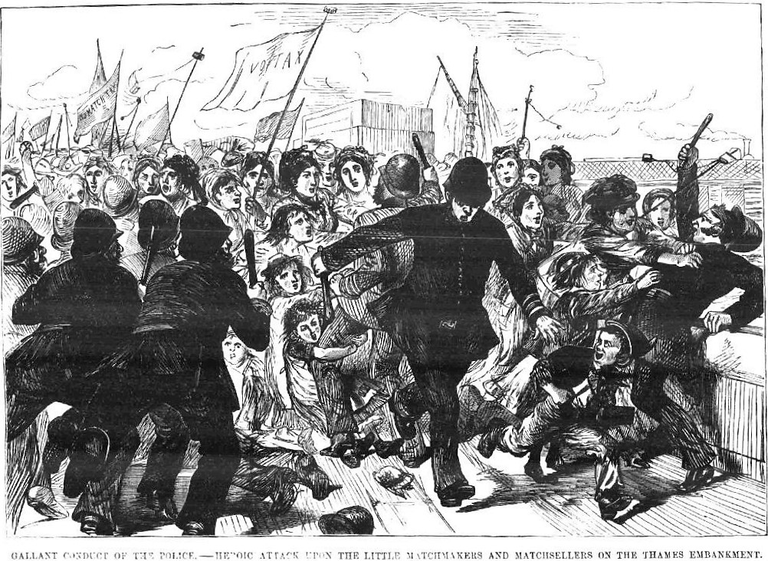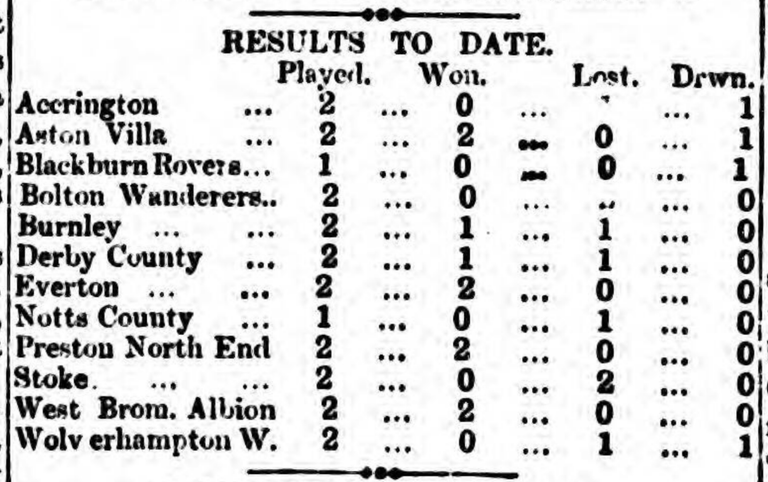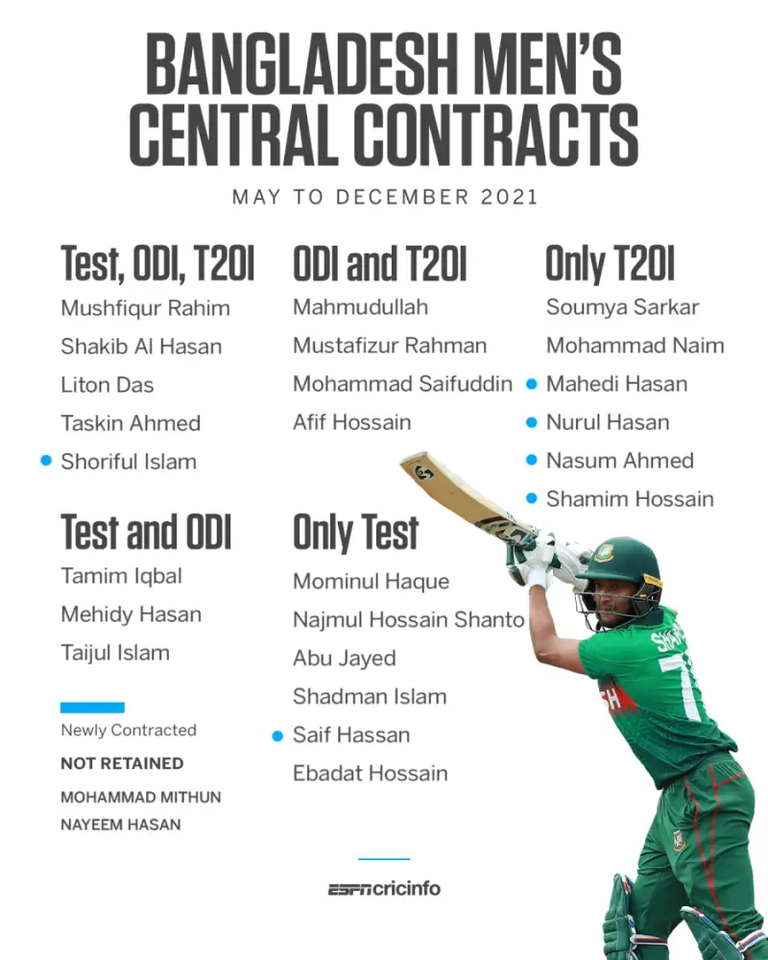Alright, football as "the working man's game" has been dead for a long time. As it turns out, we're just having a little bit of trouble getting rid of the body! See previous posts on the creation of the Super League for example.

AI image of Premier League players forming a picket line created by Microsoft Co-Pilot
The post is of course inspired by the suggestion of Manchester City's Rodri earlier in the week that players are "close" to going on a strike due to the number of games they play and the debate that it has caused on the Hive FPL discord channel and across social media more generally.
I am very much of the opinion that a strike by Premier League footballers would lead me to strongly consider whether I would ever watch the sport at that level again and here's why....
Why go on strike?
I can't speak for every society or nation on the planet but in the UK at least, where the Premier League players reside and earn a living, the 2 primary reasons for going on strike are poor pay and/or dangerous working conditions.
A classic example would be the 1888 Matchgirl's Strike which saw 1,400 female workers employed in match making factories across the country walk out en masse over the terrible pay and working conditions they were subject to.
To add context and provide a benchmark of what poor pay and working conditions genuinely looked like at the time, the girls in question would earn somewhere between 4 and 6 shillings for a 10 hour shift. which is between £16 to £25 a shift in equivalent buying power today. Bear in mind that the minimum wage in the UK today is £10.42 per hour!
Equally, they were fortunate if they actually took that amount home with them at the end of the day. Employers could fine their staff for such misdemeanours as
- having dirty feet
- having a messy work area
- talking
The girls who boxed up the final product had to pay for the privilege of being brought the matches and, had to supply their own glue and brushes. All in all then it would be lucky if the girls in question earned a tenth of today's minimum wage which of course continues to be the subject of much debate itself as to whether it constitutes a reasonable 'living wage'.

A cartoon from a national newspaper depicting the police fighting against striking female matchmakers source
As if that didn't sound bad enough, they had to work with white phosphorus on a daily basis without any protective clothing or equipment. Regular exposure to white phosphorus, it was known at the time, causes necrosis of the jaw, a disease which at first led to toothaches and illness, then tooth loss, abscesses in the mouth, bleeding gums and finally the formation of fistula (holes) and necrosis (the death of tissue) of the jaw. About 20% of those who developed the disease would ultimately die but the 80% who didn't would live the rest of their lives in constant pain.
That sounds to me like a good reason to strike!
Without trolling through the long history of British industrial actions, we can move on to more modern day examples in the regular coal miner strikes throughout the 70s and 80s.
I don't think I need explain to you the poor working conditions and inherent dangers of working in a coal mine and as the UK economy began to pivot away from its once industrial and manufacturing past, these men were regularly left with little work at poor pay.
Will striking millionaire footballers find similar challenges when trying to retrain in a variety of other industries?
Ok, you can argue these are extreme cases but then going on strike is an extreme action, only undertaken when all other reasonable efforts have failed.
Are we really to believe that Premier League footballers, who earn on average between £2-£3 million a year with the highest earners clearing in excess of £20million a year, being poorly paid?
Perhaps it's the terrible working conditions they have to endure. Let's have a look at what one Premier League club lists as the main facilities in their training centre
- medical facilities
- hydrotherapy pool
- fitness centre
- massage rooms
- onsite hotel
- Michelin Star restaurant
So to summarise, these guys get paid to enjoy a 5 star hotel experience on a day to day basis.
Of course in return, they have to play football but I mean presumably they understood that when they began a career as a football player. Would we feel a huge amount of sympathy for an accountant if they told us they loved their beautiful corner office with the fine leather chair but they didn't really want to work with numbers going forward?
Beyond just poor pay and working conditions, the other reason to strike is that you've exhausted all other possibilities and you're having a difficult time gaining leverage over your employer.
Again, this is definitely a reason why the aforementioned groups choose to take industrial action but surely that can't apply to elite level footballers who have the attention of world's media not to mention social media focused on them all the time.
After all, here we are discussing their grievances but I didn't see much public debate leading up to the current strike of Boeing employees in the US. They had to strike in order to get the attention and create a platform to be heard.
Elite footballers, as a scarce commodity, already have tremendous leverage and power when it comes to employer negotiations not to mention a significant number of options should they not be able agree on terms with a single employer.
There is no rational reason beyond pure self-interest for elite level footballers to call a strike.
Who would lose the most from a strike?
Quite a simple answer.
In the first instance it would be you and I, the fans who would lose if a player strike shut down top level football.
How any fan can sit there and agree with Rodri's (amongst others) argument that the current level of football impacts the quality of the game and that therefore the best way to get around that problem is to not play football at all, baffles me.
This is the definition of cutting off your nose to spite your face. Although, of course, in this instance it's more like cutting someone else's nose off because after the fans suffer it'll be those involved in the football industry who aren't players that begin to feel the pain of a strike.
Football clubs themselves are massive employers with hundreds of employees each not to mention the huge variety of businesses both local and international that rely on the game to generate revenue and in turn jobs.
If you want to know what happens when football stops, you only have to cast your mind back 4 years to the Covid pandemic when football last shut-down.
Several Premier League teams opted to 'furlough' large numbers of non-playing staff during that time. The UK government's furlough scheme paid employers 80% of an employees usual wage for them to essentially not work but still earn while measures were put in place to slow the pandemic.
If a strike shut down the football industry again, do we think that the UK government is going to bail out football clubs? There's no good answer to this question.
If they don't those same employees who were furloughed last time will be made redundant this time. Bare in mind we're talking about regular people, doing regular jobs for regular pay here. They are not in the luxurious position to be out of work for more than a few months. They have mortgages to pay, kids to feed and all the other financial commitments that you and I need to balance.
Of course, if the UK government did ride to the rescue then they'd be doing so with taxpayers money. My money, your money, everyone's money. Say good bye to further investment in public healthcare, education or transportation for the next few years because we have a groups of multi-millionaires having a strop about the number of football matches they play!

the 12 founding members of the Football League come from areas of the country with deep working class roots source
Players and fans who support the idea of a strike are going against the founding principles of the vast majority of football clubs in this country.
Indeed, the 12 founding members of the Football League were all from the industrial heartlands of England. Half were from the mill towns of Lancashire while the rest were made of teams in the Midlands.
Other notable clubs with strong working class roots who joined the league later on include Manchester United, founded by railway workers and
Arsenal, founded by munitions workers. Something for fans like @amirtheawesome1, @ogeewitty and @deniskj to consider when arguing the cause for millionaire players and why those same players can expect a less than supportive response from parts of their fanbase for threatening a strike.
It's an affront to the working class origins of these clubs and their hardworking supporters both past and present who have cheered on and spent their precious money in following these players. The same players who have grown incredibly wealthy and influential off the back of that support and that now with no legitimate reason say they are considering a strike.
I've been accused of dehumanising the players with my arguments against a potential strike. In. my opinion, the only dehumanising on show here is being carried out by a group of multi-millionaires so secure in their own little bubble that they're blind to the plight of others who stand to lose far more from their proposed actions.
The above assumes a complete stop of all top level football which would require a general strike by many hundreds of players across the country. If that did happen, the next group to feel the effects would be younger and less established players who are yet to earn their fortune and whose careers would be left in limbo.
It's probably a good point then in which to pause here and ask the question whether those players would even support the idea of a strike?
From Rodri's own comments he and other professionals clearly feel that 60+ games a season is too many and he is probably correct in that statement. However, a recent study of the big 5 European leagues shows that
- only 5% of teams play 60 or more games a season
- only 0.38% of footballers play as many games as Rodri did last season (62 for City and Spain)
- a further 1.8% played 51 to 60 games
- a further 6.8% played 41 to 50 games (the number that Rodri states as ideal)
- 91% of players played 40 or fewer matches
In other words there is little evidence to support the idea that the majority of players are over-worked. In fact, by Rodri's own definition, most elite footballers are under-worked!
The players that are playing at clubs with a heavier calendar of fixtures are of course the same clubs that have the resources to cope with that. Take Manchester City for example whose '2nd XI' is probably on paper the 4th best team in the country, behind their, Arsenal and Liverpool's first XI's.
This is precisely the reason why they've hovered up pretty much all the trophies they compete for and indeed why they've been able to give Rodri and last season's PFA Player of the year Phil Foden, 5 weeks off at the start of the season while still maintaining a 100% record in the league!
Problem! What problem?
Really then what we're talking about is a very small groups of elite players who would ideally like to play a few games less ever year and it is of course their prerogative to ask for that, although I maintain that suggesting a strike is not the way to go about achieving it.
Indeed, if that very select number of players playing the number of games Rodri did last year decided to strike then they might well find that the teammates they are currently keeping out of the starting XI i.e. the majority, quite fancy the opportunity to take their place, earn their money and gain their status.
The final losers in any strike then may just end up being the very players that are threatening to do it! Be careful what you wish for...
What's the solution?
This is the part of the argument that has been least explored.
We know that at least some players don't want to play as many games as they are or might be asked to play in the future.
At it's most basic level, a strike would certainly see them play less football at least for the period of the the strike but what is the long-term plan?
There's been some discussion about scheduling which might I suppose compartmentalise certain player commitments i.e. focusing all international football into 1 period but it wouldn't necessarily cut-down on the number of games over a season, it would simply rearrange them.
In fact, you could form an argument that focusing all international football into 4 to 6 weeks would actually add to player workload. For example, we routinely see players opt out of playing during the current international breaks.
Cole Palmer, Phil Foden and Ollie Watkins all withdrew from the recent England squad not through injury per se in the sense that they couldn't kick a football but because they wanted to manage their workload with a long season ahead. They'll no doubt be called up for the next squad and they'll have a decision to make again.
Schedule all those games into a shorter period and it becomes a lot harder for a player to opt out without risking their place in the World Cup squad and guess what, players want to play in that competition because it raises their status and earning power. If they don't, well, retire from international football, problem solved!
In fact, players either opting out of certain competitions or being actively rested by their clubs is common place already without the need of a strike, rescheduling or regulation.
The EFL Cup last week saw Premier League teams making in many cases wholesale changes to their starting XI. Even Southampton, without a Premier League win this year, changed 10 of the side that played against Manchester United when they faced Everton on Wednesday.
It's the same for individual players too. For example, Rodri didn't play a minute of football in the EFL Cup last year and he was rested for 2 of City's 6 FA Cup fixtures as the went onto compete in the final.
In fact, the only time that Rodri has been a regular EFL Cup player is in his first 2 seasons at City when he was receiving fewer minutes in the Premier League and Champions League than he does now. In other words, these 'lesser' competitions helped him establish himself as a key player within a squad of global superstars.
The progression of players who come through the youth ranks is even more telling. Phil Foden, for example, played more minutes in the EFL Cup in his first 2 seasons of senior football than he did in the Premier League. It's a similar story for countless youth players across the country. Therefore, reducing the number of games, as shown in the stats above, only serves the interests of a very select few players who are already established and who seek to benefit from the status quo.
It seems then the clubs and players are already doing a good job of managing workloads without the need for a strike. However, if you really want explicit protection from being over-played, in whatever way you as an individual define that, then the answer is simple - put it in your contract!
This is, despite the criticism of some others, a very achievable solution to the problem and common place in a number of other sports. The example I've provided in previous debates is the one I'm most comfortable discussing which is contracts for cricket players.
The English cricket season, the same as the English Football season, see cricketers competing simultaneously in multiple competitions for both club and country. Within this country alone, players could be involved in as many as 7 competitions or series within the 5 months that form the English cricket season. Do they play in ever game of every one of those 7 competitions? Of course, not.
In fact, they have contracts which explicitly state which competitions they'll play in! Take for example, Adil Rashid who played for England yesterday, he only signs contracts to play in 4 of the 7 competitions available to him. By doing so, he's managed his workload and extended his career following reconstructive surgery on his shoulder. He's 36 and the number 1 ranked bowler in the world in short-form cricket. He has absolutely no problem finding employment in this country or in any other league around the world in the remaining 7 months of the year.

All major cricket playing nations offer contracts that see most players only contractually obliged for certain competitions source
The idea that football clubs wouldn't allow players to sign similar types of deals is crazy. Top level footballers, just like top level cricketers, are a scarce resource. There's not another half-dozen Rodri's out there! If Rodri approached City and said I want to play in the Premier League and I want to play in the Champions League and I'm not interested in any of those other Mickey Mouse competitions that are out there or might come along, could you really see them saying, "no, on your bike mate".
If they did, I guarantee that you'd have 20 other clubs on the phone to his agent saying that they'll do that deal for what is arguably the best midfielder in world footballer and a player that would improve any squad!
The interesting part would be what a club would be willing to pay a player who wants to exclude himself from selection in various competitions. Out here in the real world, a similar agreement with your employer is highly likely to see your remuneration drop. Is it unfair or unrealistic to expect the same would happen to elite footballers? Is this why they aren't looking to negotiate those terms into a legally binding contract that would protect their physical and mental health?
If it is, then it sounds like a case of those same footballers wanting to have their cake and eat it!
These players must make a rational choice. Do I make hay while the sunshines, sign a massive contract with no limitations on which competitions I 'might' be asked to play in or; do I play a longer game, sign a contract that limits the number of matches I play and look to extend my career in the process?
There's no right or wrong answer, it's personal preference and until players have explored those options and been told "no, you are playing 80 games a season" there is no legitimate reason to strike. Even the mere suggestion of it ultimately boils down to grandstanding, brinkmanship and at its worst blackmail. These are not things that football fans or the public more generally should support.




